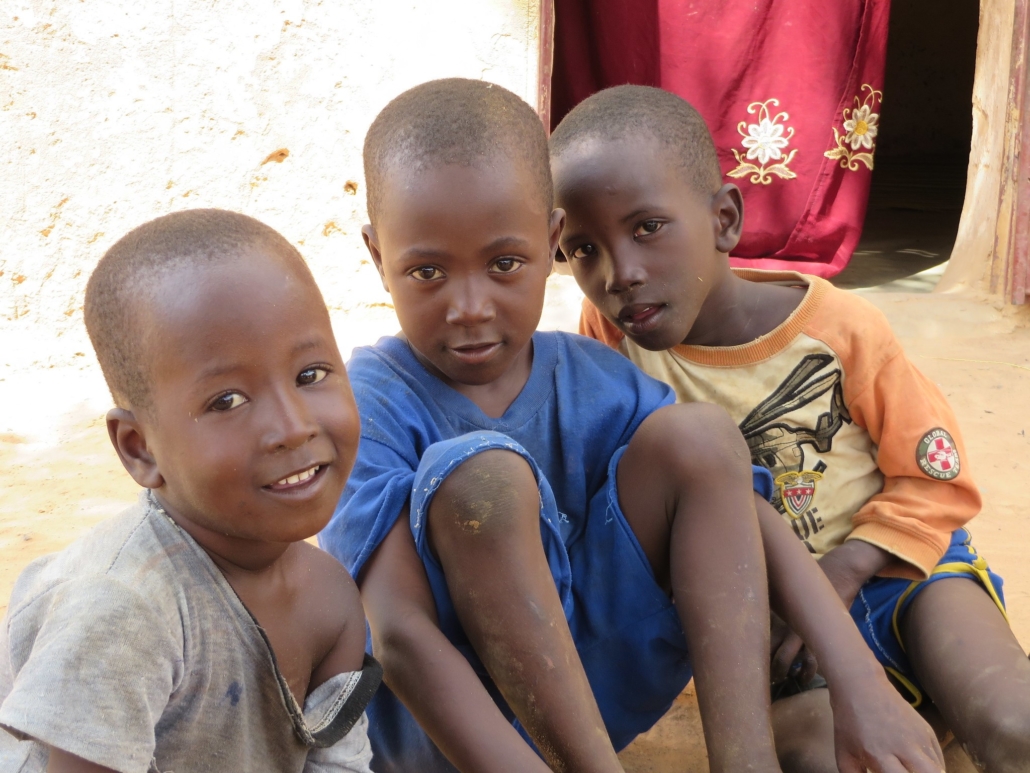The Sahel’s Rising Food Insecurity and Poverty

The Sahel is a semi-arid region in Africa that comprises countries such as Cameroon, Nigeria and Burkina Faso. Recently, the COVID-19 pandemic, environmental disasters and the high cost of food as a result of the Ukraine-Russia war have contributed to the Sahel’s rising food insecurity and poverty. On May 20, 2022, the U.N. Office for the Coordination of Humanitarian Affairs (OCHA) warned that, over the following three months, 18 million people living in the Sahel region will be “on the edge of severe hunger.” This warning prompted a strong international response from wealthier countries to provide financial and food aid to the Sahel region.
African heads of state convened a regional summit on May 27, 2022, “to address growing humanitarian needs on the continent.” The heads identified violent extremism, military coups and environmental challenges as the main contributors to the Sahel’s rising food insecurity and poverty. Non-African countries, such as the United States, are also addressing the Sahel crisis by providing food aid through government-run development programs in the Sahel. The U.N. and its agencies are also tackling rising poverty in the Sahel through financial assistance and food delivery.
Specific Issues for People Living in the Sahel Region
The Sahel’s rising food insecurity and poverty have led to devastating human costs such as “high levels of acute malnutrition” and “large gaps” in food consumption within households. Furthermore, because the cost of living has increased dramatically, families in the Sahel are now selling their own household items, such as farm tools, in order to afford food and other essential items. As a result of the rising food costs, environmental disasters and violence, the number of Africans pushed into food poverty in the Sahel is increasing. For example, in the Sahel, 1.8 million children suffer malnourishment. Without intervention, this could increase to 2.4 million by the close of 2022.
Regional Solutions to Addressing Sahel’s Food Insecurity and Poverty
The African Union (AU) has declared 2022 the AU’s Year of Nutrition and held the “Extraordinary Humanitarian Summit and Pledging Conference” on May 27, 2022. The main goal of the summit is to address malnutrition in the African region, which “causes significant long-term consequences for physical, mental, cognitive and physiological development.” UNICEF has been urging African governments to tackle a wide range of issues, such as “inadequate maternal nutrition” and “high incidence of childhood illnesses.”
How Wealthier Countries are Tackling Sahel’s Poverty Crisis
On May 18, 2022, the United States announced that it will allocate $215 million to the United States Agency for International Development (USAID) to tackle food insecurity globally. This includes tackling the Sahel’s rising food insecurity and poverty, with food assistance going to countries such as Burkina Faso, Cameroon and Nigeria. USAID and the U.S. Department of Agriculture will “program the full balance” of the Bill Emerson Humanitarian Trust, a grain and food reserve within USAID, “as part of an effort to provide $670 million in food assistance” to the Sahel countries of Ethiopia, Kenya, Sudan and South Sudan.
Assistance from International Organizations and UN Agencies
The U.N. is approaching Sahel’s rising food insecurity and poverty as an international emergency situation. On May 20, 2022, OCHA delivered $30 million in emergency funds to four countries in the Sahel to address malnutrition and hunger. OCHA gave Burkina Faso $6 million and Chad, Mali and Niger received $8 million each. Prior to this recent contribution, OCHA had delivered $4 million to Mauritania and $15 million to Nigeria earlier in 2022.
The swift international response to Sahel’s rising food insecurity and poverty illustrates the potential of the international community to eliminate global poverty. Despite the massive impacts of the COVID-19 pandemic and the Ukraine-Russia war on providing humanitarian assistance, the U.N. has managed to allocate enough funds to combat starvation in the Sahel. The United States has increased its funding for global food security operations in the Sahel and made the situation one of its top foreign policy priorities. All of this proves that the international community continues to act on food insecurity and poverty, even in the most vulnerable places in the world. This makes global poverty reduction a reachable goal, creating hope for disadvantaged countries.
– Abdullah Dowaihy
Photo: Flickr
